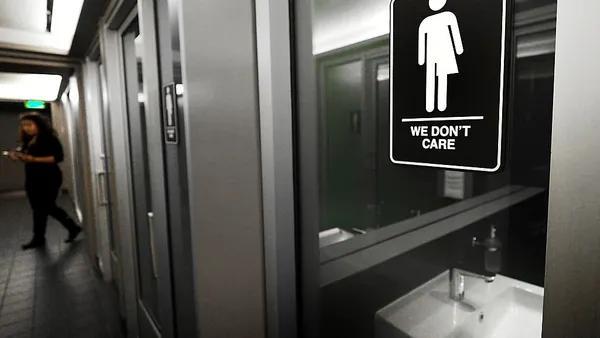Dive Brief:
- The U.S. Department of Labor is doing away with its six-factor test for determining whether workers are unpaid interns or employees entitled to compensation under the Fair Labor Standards Act (FLSA), it announced Jan. 5.
- Instead, it will adopt the “primary beneficiary” test that several federal appeals courts have adopted.
- DOL said that its Wage and Hour Division will update its enforcement policies to align with recent case law, eliminate unnecessary confusion among the regulated community, and provide the Division’s investigators with increased flexibility to holistically analyze internships on a case-by-case basis.
Dive Insight:
DOL's previous test required that an unpaid internship meet all of the agency's six factors. Many courts found one requirement — that the employer derive "no immediate advantage from the activities of the intern" — particularly problematic and some devised their own tests.
Now, DOL has loosened its requirements, adopting a seven-factor test that asks courts to examine, among other things, the “economic reality” of the intern-employer relationship to determine which party is the “primary beneficiary” of the relationship. The agency says the new test mirrors those adopted by the 2nd, 6th, 9th and 11th Circuits and, like those, doesn't take an all-or-nothing approach. Instead, DOL notes, courts have described the “primary beneficiary test” as a flexible test, without a single determining factor. "Accordingly, whether an intern or student is an employee under the FLSA necessarily depends on the unique circumstances of each case," DOL said.
The new test is certainly welcome news for employers, although companies will want to ensure that stricter tests don't apply in their respective jurisdictions.















